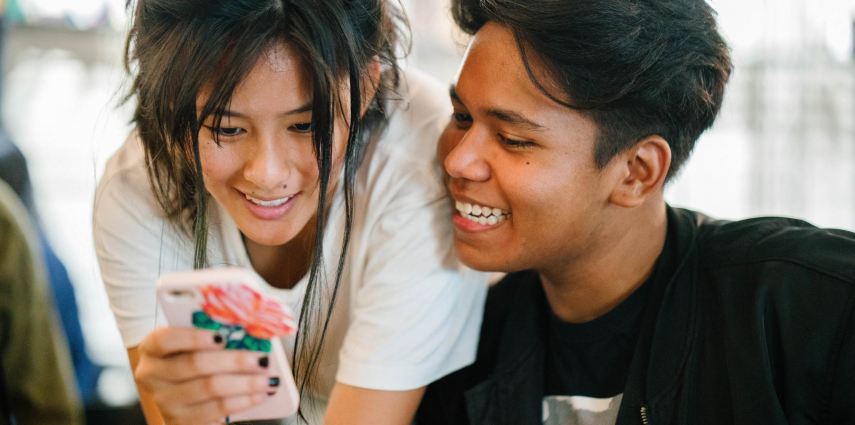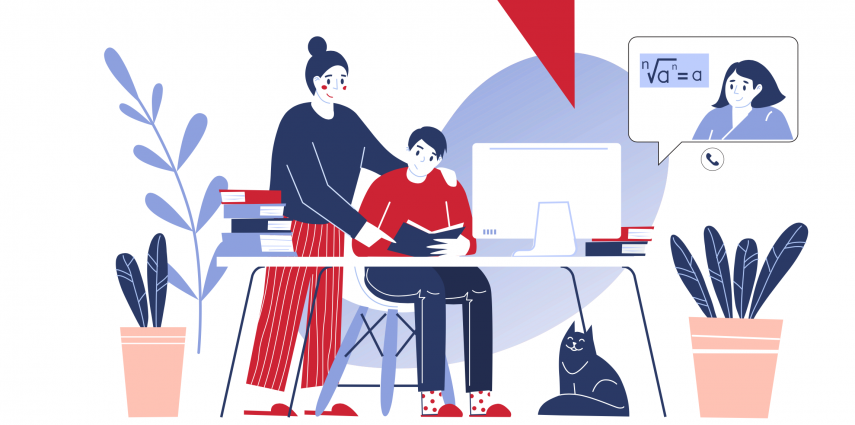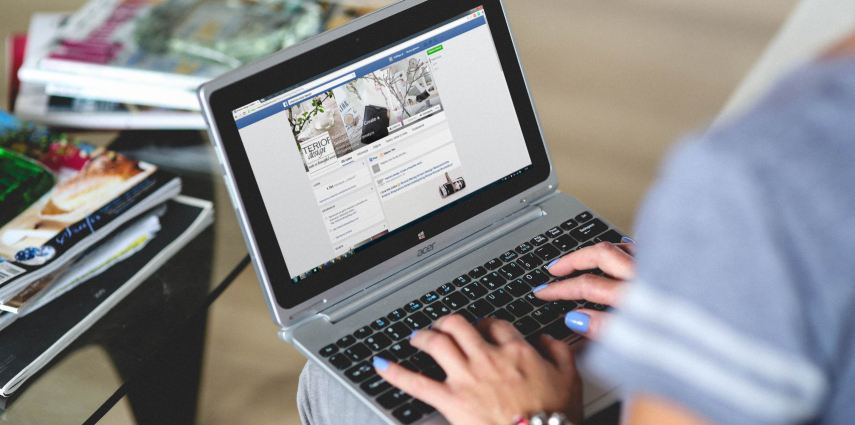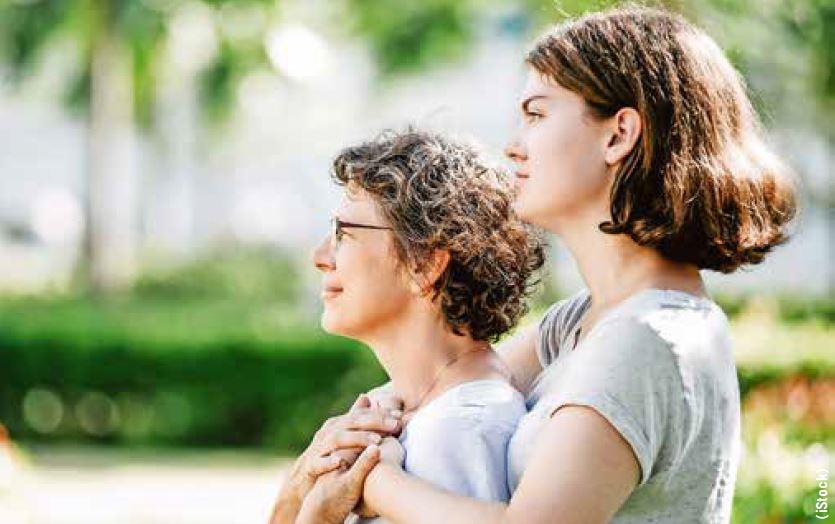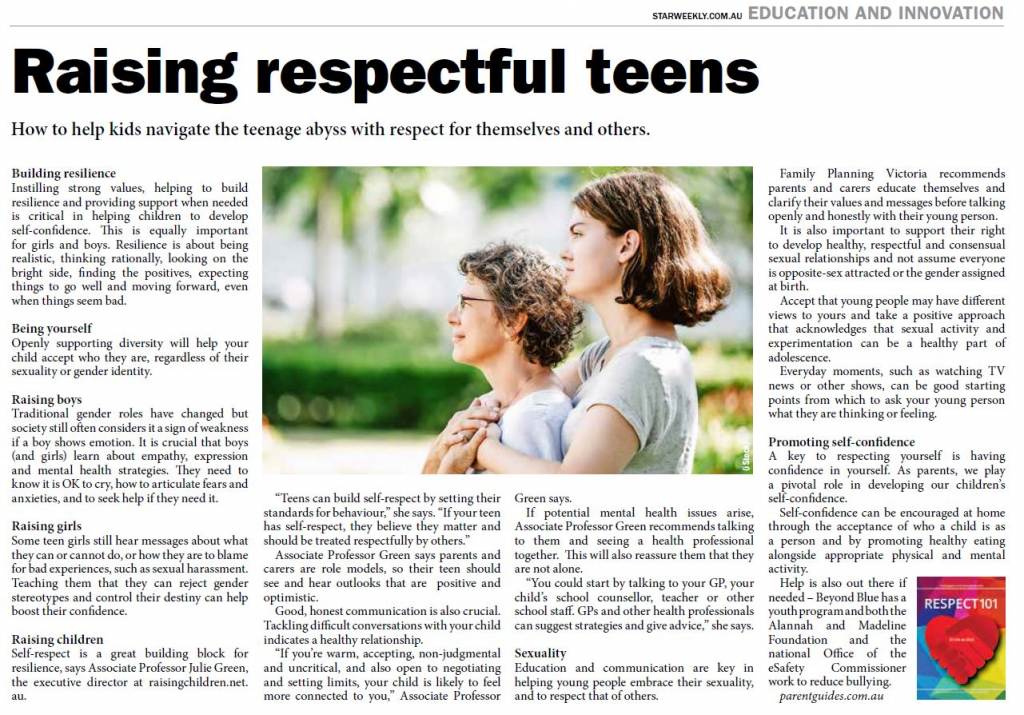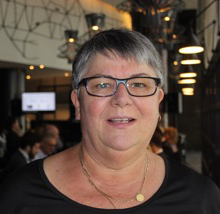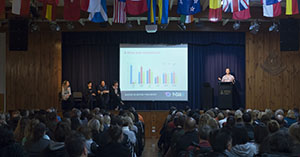Helping families to be mentally strong and deal with the “tremendous challenges” they face is close to the heart of retired businessman and director David Corduff.
 The grandfather of seven, volunteer, Beyond Blue Speaker and now Parent Guides ambassador
The grandfather of seven, volunteer, Beyond Blue Speaker and now Parent Guides ambassador
is passionate about mental health. He often sees parents, carers and children struggle to cope
with social media, cyber bullying, drugs, gambling, mental health, and respect.
“Parents need as much support and information as possible to be there for their children when
life challenges occur,” David says. “In an ever-changing world, parents need to access factual,
research-based information such as the Parent Guides.”
Run by Melbourne media identity Eileen Berry, Parent Guides help parents educate themselves about drugs, sex, social media, mental health and more. They present up-to-date research and expert advice in a ‘no holds barred’ way that tackles difficult issues and facilitates conversations.
“It is critical to have a resource such as the Guides, which are in hard copy and easily accessible to parents and children,” David says. “They are not ‘preachy’ and do not seek to offer solutions as such. They lead the way as a tool to initiate conversations between parents and children.”
David worked in manufacturing and has three children and seven grandchildren. Married to Liz for 45 years, he arrived from Ireland in 1971 and became an Australian citizen in 1988.
He is an advisor to the board at Presentation Family Centre on the Mornington Peninsula, which offers short-term low-cost respite facilities for families affected by adverse conditions. David also serves on the committee of community organisation Peninsula Voice.
David has had a long association with Parent Guides CEO Yvonne Hackett and more recently Eileen Berry. He says their publications are “top class, relevant and well researched”.
“They fill a gap in terms of parent/child communication, and I believe my life experience,
particularly within the mental health space, will be invaluable in promoting the publications and ’spreading the word’,” he says.“They are an excellent resource and can fundamentally make a difference to the parent/child relationship.”
David is also a fan of Alan Hopgood’s superb play about suicide, Jess Chooses Life, and wants to see it and Parent Guides promoted more widely, particularly in schools.
“Life is always full of challenges,” David says. “It is our response to these challenges that determine whether the outcomes are good or not so good. In the critical parent/child relationship, it is very important to have resources such as the Parent Guides available, to underpin a supportive and potentially positive outcome.”


